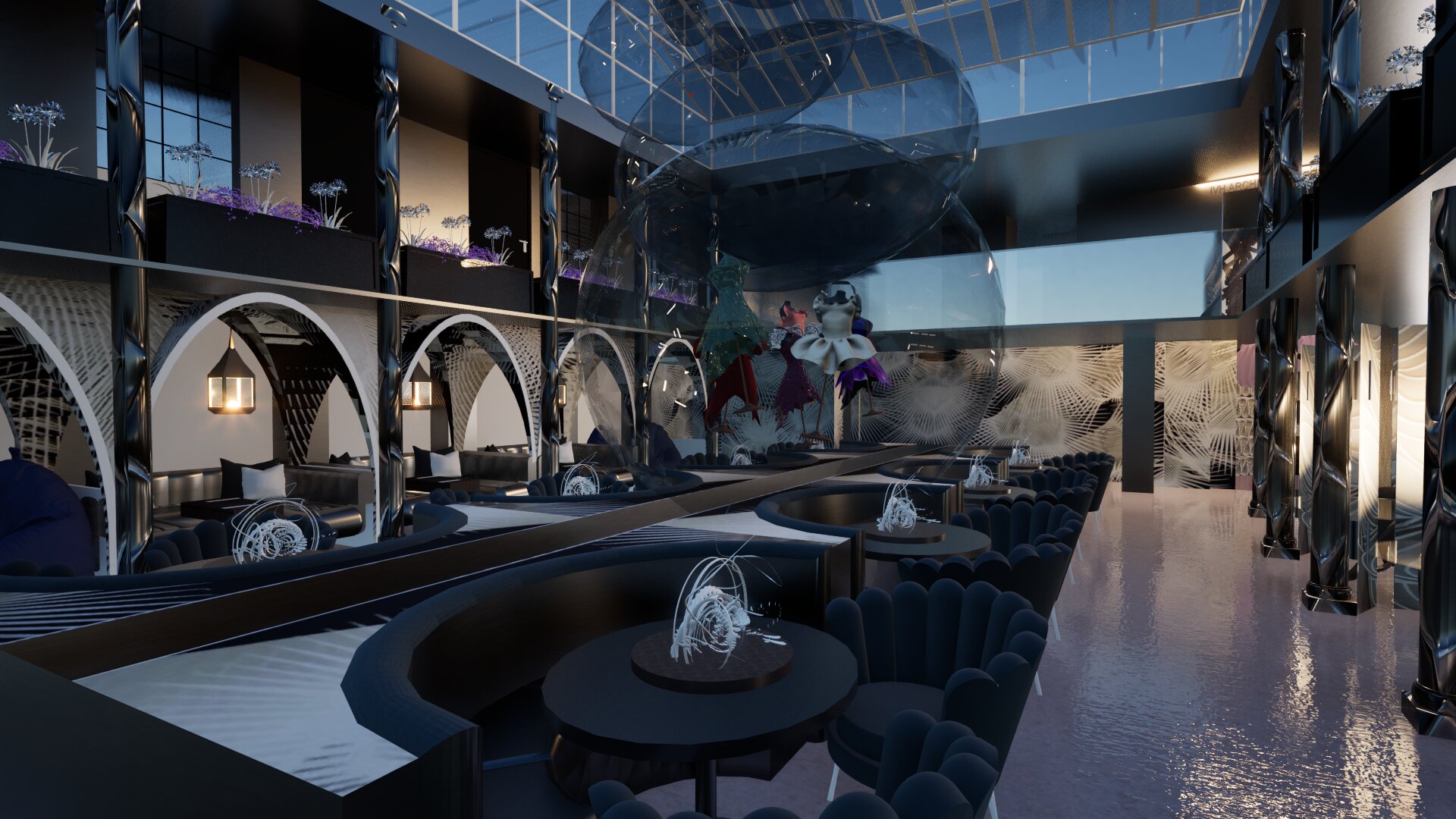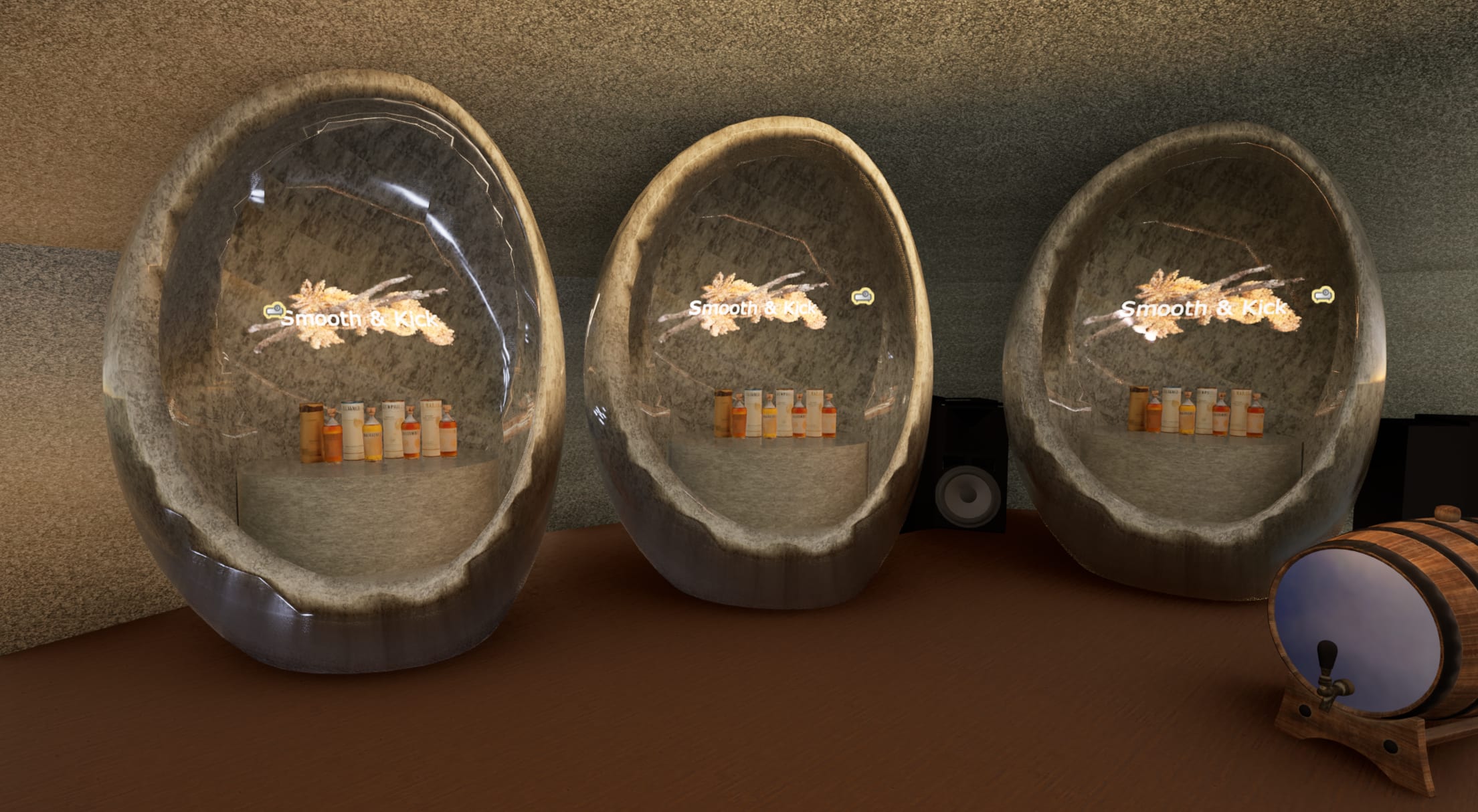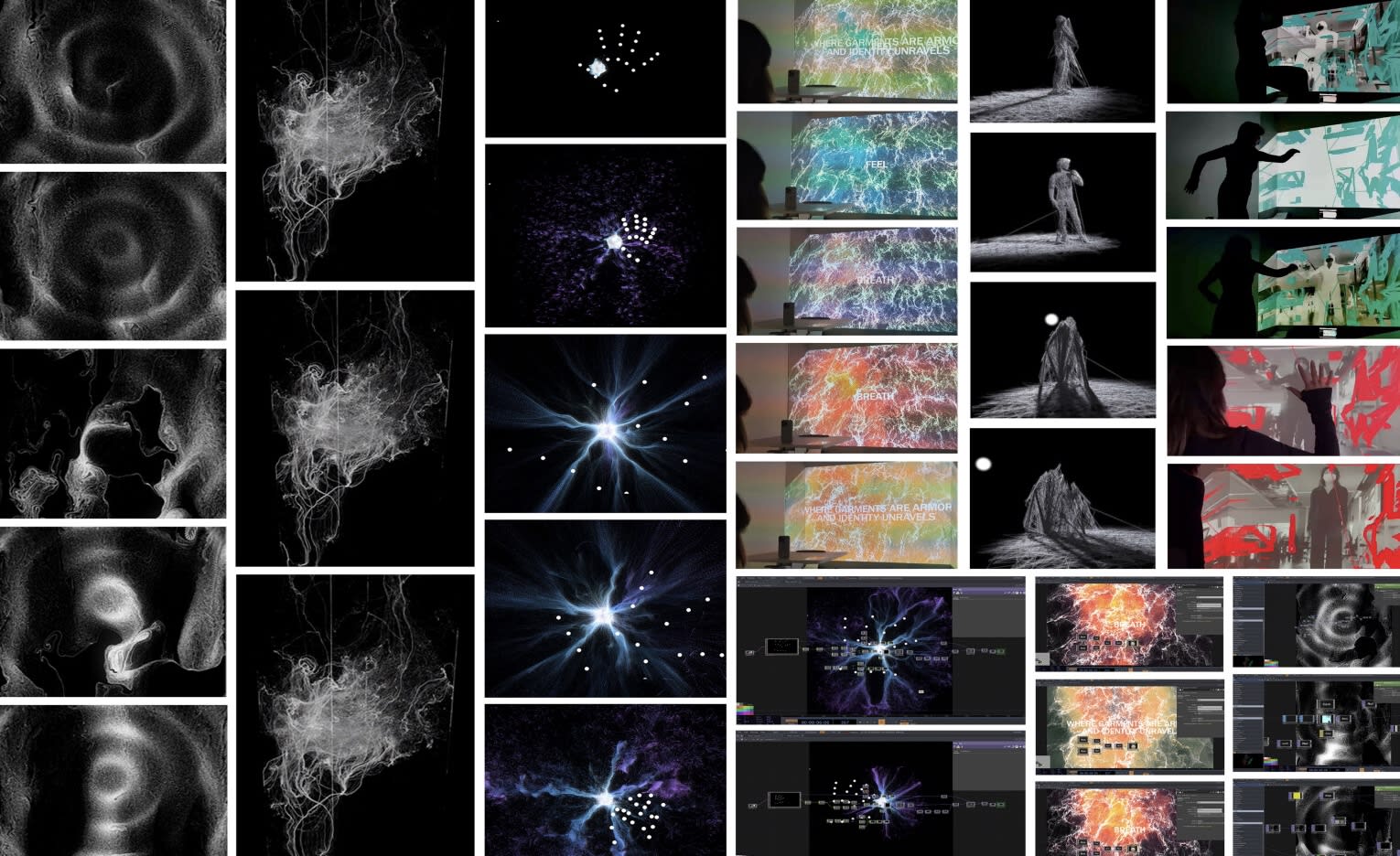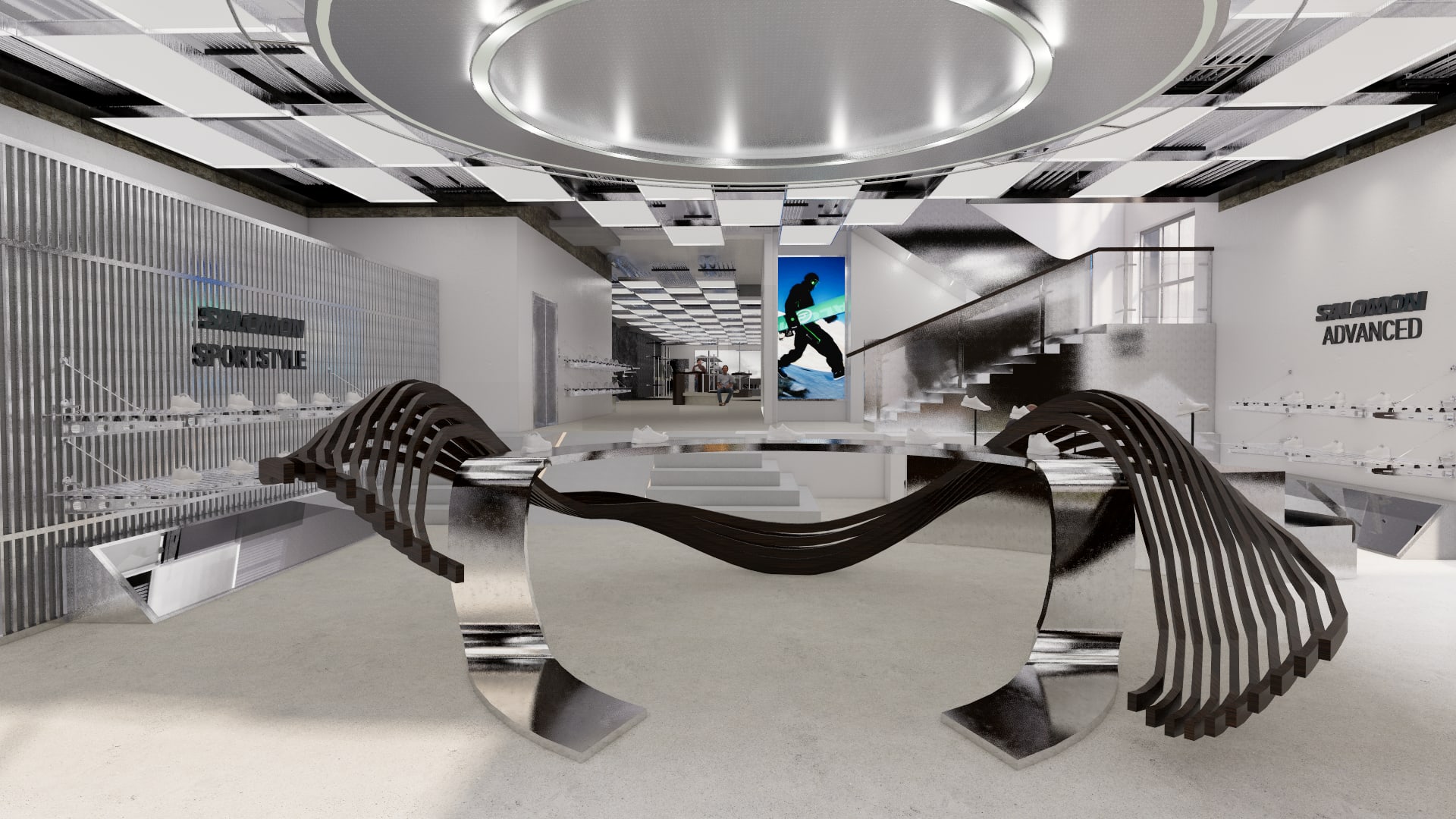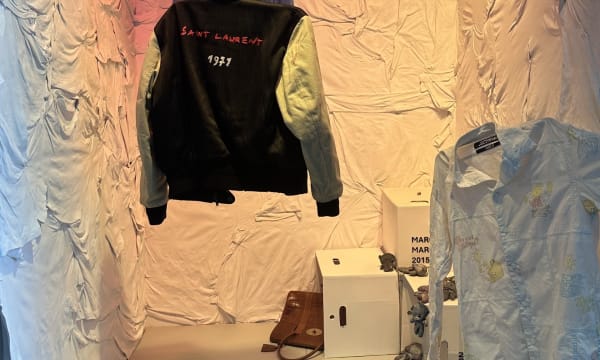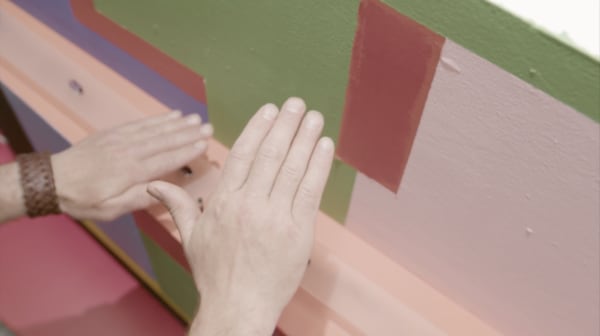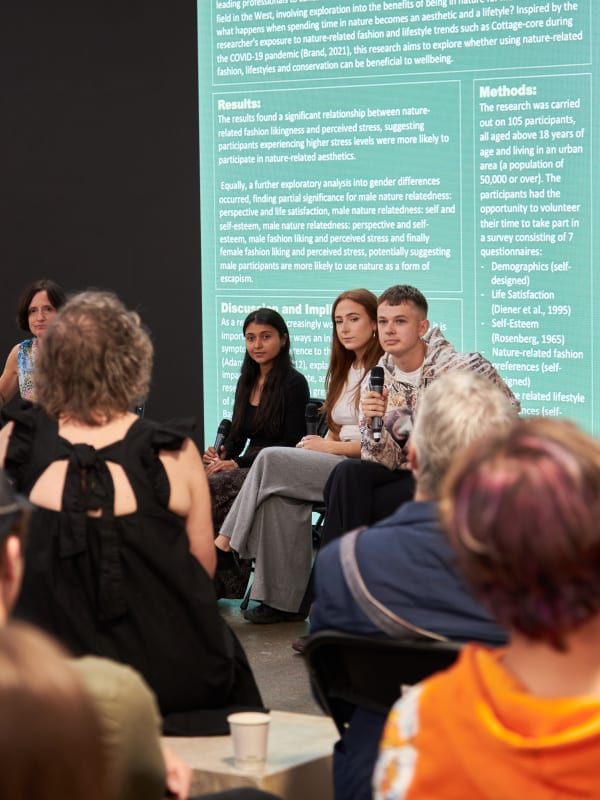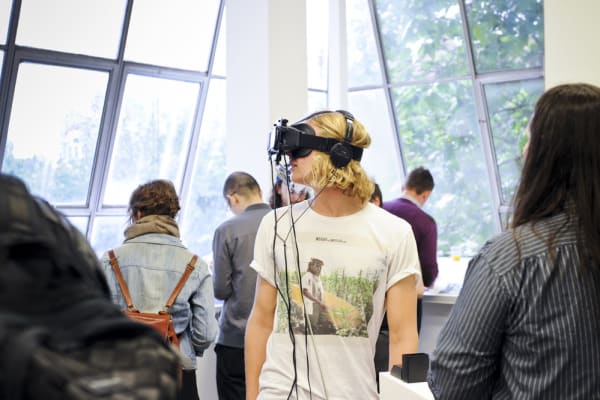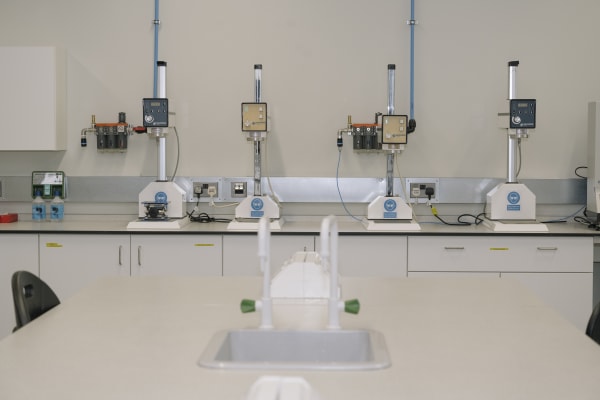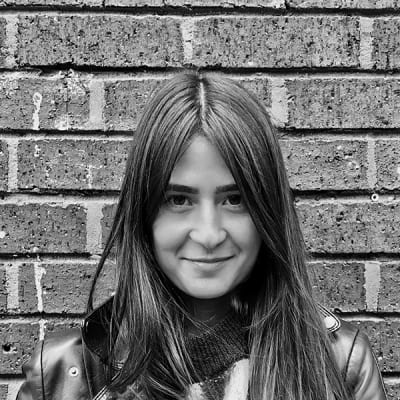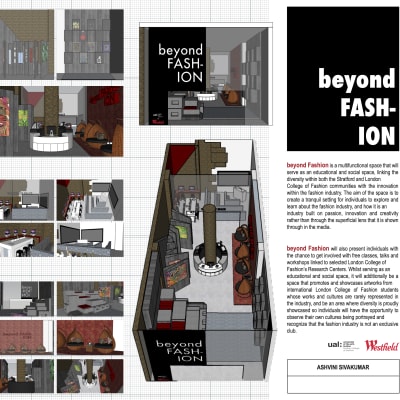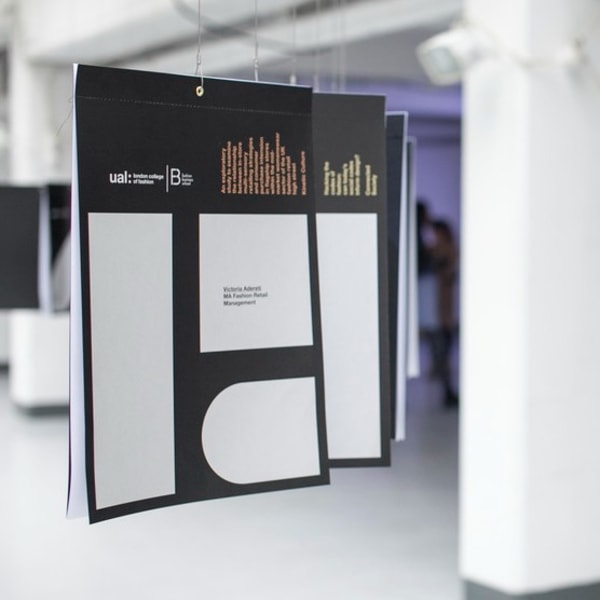Course units
Year 1
The units you will study in Year 1, Stage 1, Level 4 are as follows:
- Introduction to Visual Merchandising & Branding; 20 credits
- Principles of Fashion Visual Merchandising; 40 credits.
- Fashion Branding for the Physical Environment; 20 credits
- Fashion Cultures and Histories; 20 credits
- Fashion Branding for the Digital Environment; 20 credits
Year 2
The units you will study in Year 2, Stage 2, Level 5 are as follows:
- Critical Issues in Fashion Research; 20 credits
- Curating the Consumer Experience; 40 credits
- Brand Development: Fashion Store Design; 20 credits.
- Work Experience Based Learning; 20 credits
- Futures and Innovations; 20 credits.
Optional Diploma Year
Industry DIPS
This optional diploma can be taken between years 2 and 3. With support from your tutors, you’ll undertake an industry placement for a minimum of 100 days/20 weeks. As well as developing industry skills, you’ll gain an additional qualification upon successful completion.
Enterprise DIPS
This optional diploma can be taken between years 2 and 3. With support from your tutors, you’ll undertake an enterprise placement year where you will explore a business idea from proposal to minimal viable product (MVP). As well as developing enterprise skills, you’ll gain an additional qualification upon successful completion.
CCI Creative Computing
Between years 2 and 3, you can undertake the year-long Diploma in Creative Computing. This will develop your skills in creative computing alongside your degree. After successfully completing the diploma and your undergraduate degree, you’ll graduate with an enhanced degree: BA (Hons) Fashion Retail Design and Brand Experience (with Creative Computing).
CCI Apple Diploma
Between years 2 and 3, you can undertake the year-long Diploma in Apple Development. This will give you an opportunity to become an accredited apple developer alongside your degree. After successfully completing the diploma and your undergraduate degree, you’ll graduate with an enhanced degree: BA (Hons) Fashion Retail Design and Brand Experience (with Apple Development).
Year 3
The units you will study in Year 3, Stage 3, Level 6 are as follows:
- Project Proposal; 20 credits
- Fashion Visual Merchandising and Branding Strategy; 40 credits
- Final Major Project; 60 credits
